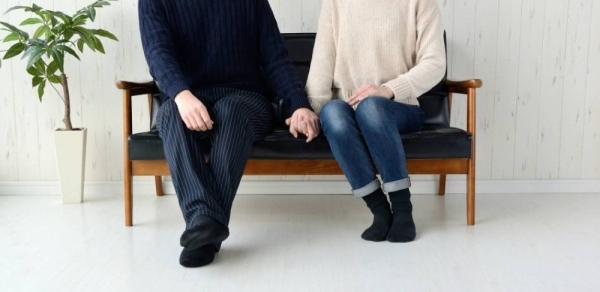Nearly half of Japanese married couples are 'sexless,' survey finds

Nearly half of married couples in Japan are “sexless,” a recent survey shows. | GETTY IMAGES
JIJI
Mar 18, 2024
Nearly half of married couples are “sexless” — meaning they haven’t had sexual intercourse for a month or more — according to a survey released by the Japan Family Planning Association.
The most common reasons given for the lack of sexual intimacy in their marriage were “my partner doesn’t respond to my advances" for men, and “it’s too much hassle” for women, the survey on “lifestyles and attitudes of men and women" showed.
The survey, released on Friday and the ninth of its kind since 2002, was conducted between September and October 2023. It targeted 3,000 randomly sampled men and women aged 16-49, by post and online, with a valid response rate of 26.6%.
The results of the survey showed that 48.3% of married couples were "sexless," up 1.1 percentage point from the previous survey conducted in 2016. The rate of sexless couples has continued to increase year by year since 2004, when it was 31.9%.
The most common reason given by men was that their partner “doesn’t respond to my advances” (24.0%), followed by “difficulties post-birth“ (14.7%) and “it’s too much hassle" (12.0%).
For women, the most common reasons were “it’s too much hassle" (22.6%), “work fatigue" (20.8%), and “pregnancy/post-natal-related” (13.2%).
About 80% of men answered that they were "interested" in having sex, while about 40% of women answered that they were "not interested."
The average age at which respondents first had sex was 18.9 years old. Of those unmarried between the ages of 18 and 34, 41.4% of men and 36.6% of women said that they never had sexual intercourse.
Kunio Kitamura, director of the association and the physician in charge of the survey, commented, “These results are probably due to various societal stressors. It is definitely possible that this trend toward sexlessness will continue in the future.”
Translated by The Japan Times
